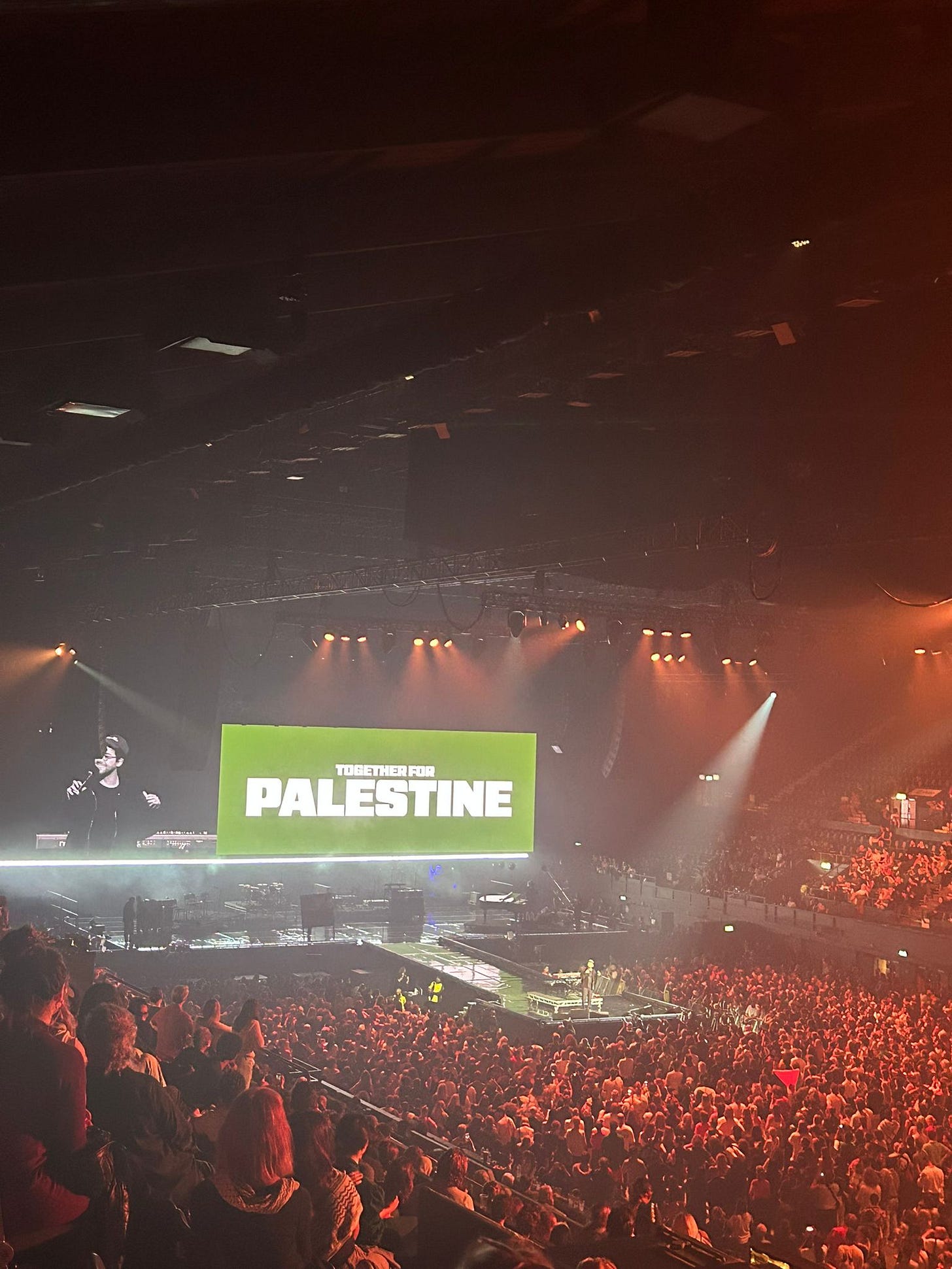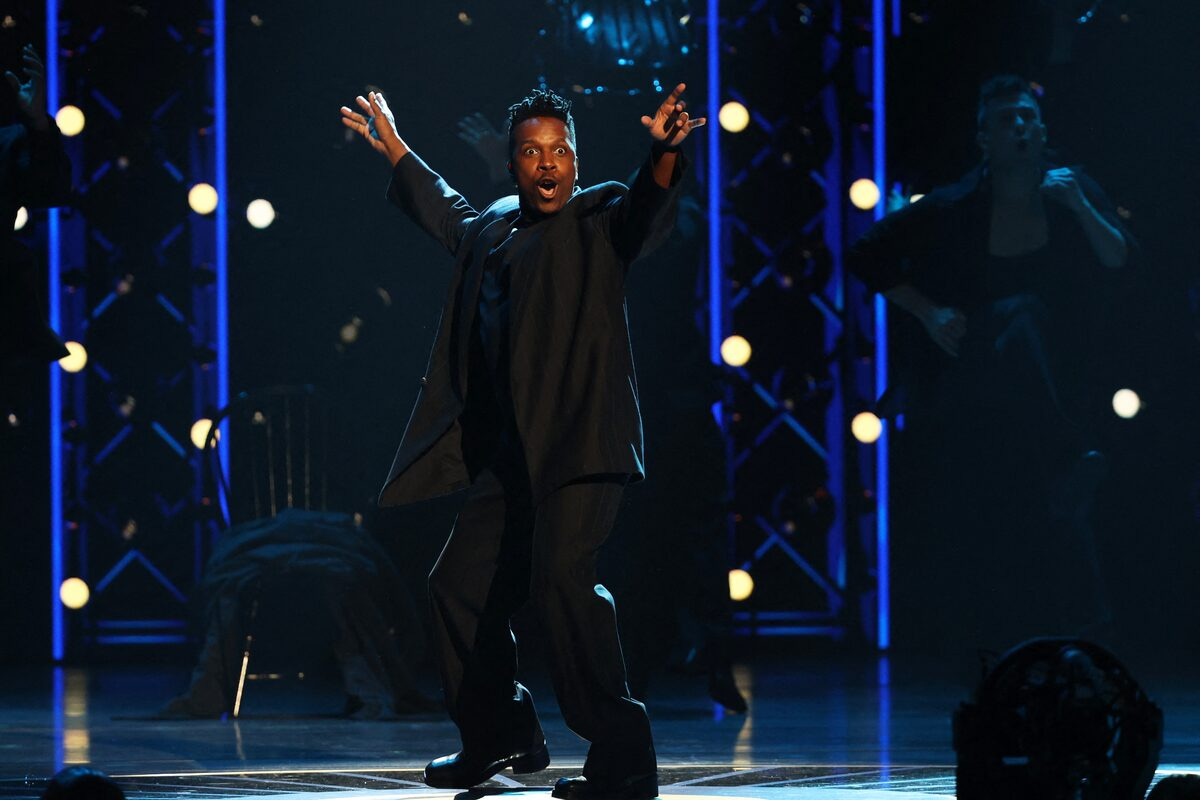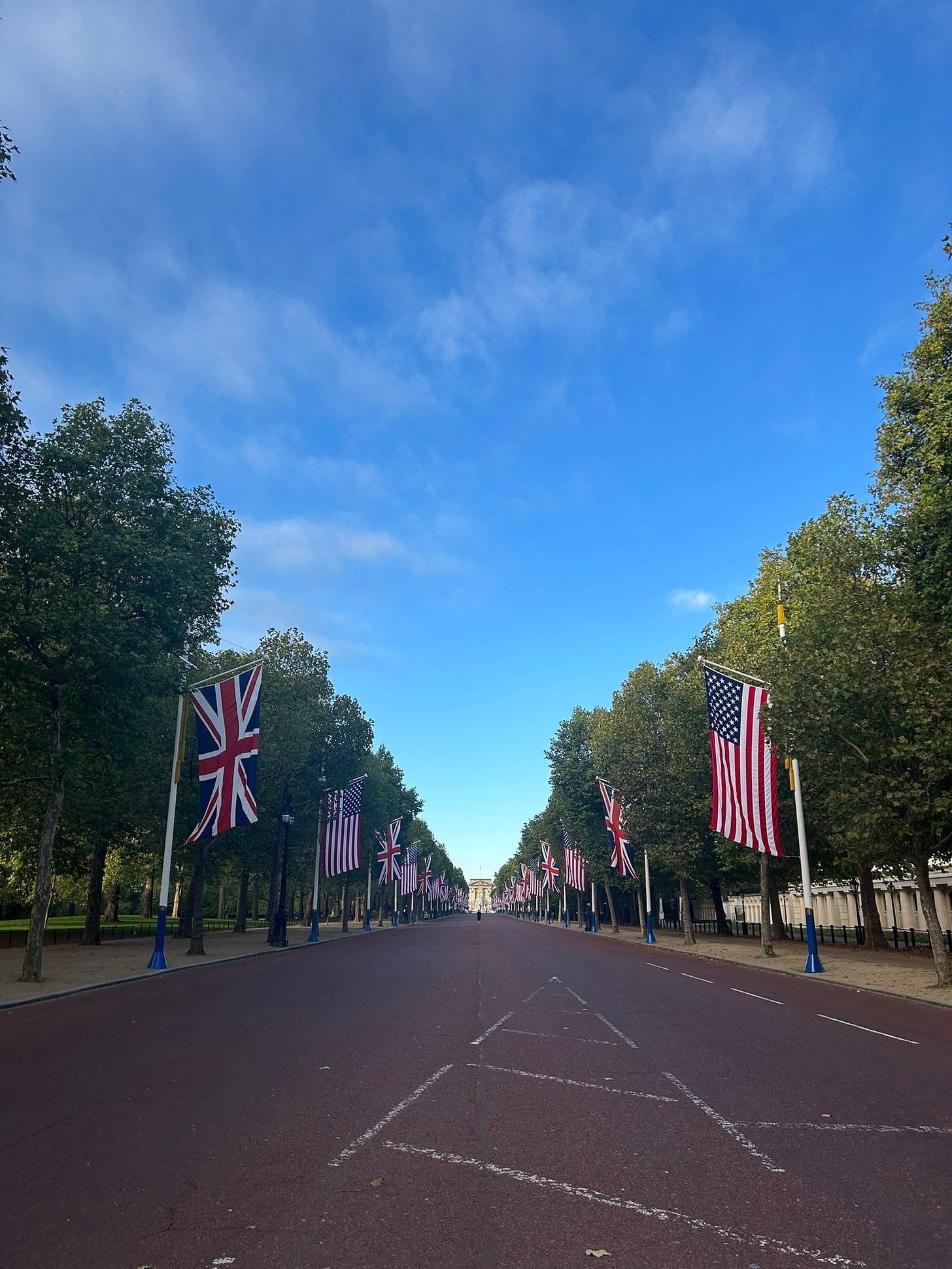Hello, and happy Friday!
One of this week’s top news stories was the decision by several Western countries — including Britain, France, Australia, Canada and Portugal — to formally recognize Palestine as a state.
While the reality on the ground remains unchanged, the move is nonetheless significant. At its simplest, it reaffirms that the Palestinian people meet the criteria for statehood as set out under international law: a permanent population within territorial (albeit disputed) boundaries, a government, and a capacity to conduct international affairs. More consequently, it increases pressure on Israel’s bilateral ties with countries that now recognize Palestine — a list that already included roughly three-quarters of the UN’s 193 member states, but now with four of the UN Security Council’s five permanent members. (The U.S. is the sole holdout.)
As the New York Times reported:
“A country that recognizes Palestine has to review agreements with Israel to make sure they do not violate its obligations to the Palestinian state. This would include political and territorial integrity, as well as economic, cultural, social and civil relations … For example, if an aspect of trade assists Israel in violation of the rights of a Palestinian state, the recognizing nation would have to cease that exchange.”
In practical terms, little is likely to change overnight. But symbolically, these recognitions send a message: the world’s patience with the status quo is wearing thin, and the question of Palestinian self-determination is no longer one that can be indefinitely deferred.
I felt the weight of that symbolism most clearly last week at Wembley Arena, where some 12,500 people gathered for “Together for Palestine,” a four-hour benefit concert featuring scores of celebrities — among them Florence Pugh, Richard Gere, Ramy Youssef, and Benedict Cumberbatch— and musical acts like James Blake, Bastille, Jamie xx, Saint Levant, Elyanna and more.
Though I’ve attended my fair few Palestinian events over the years, this one stood out — not just for the sheer size and diversity of the crowd, but because it reflected, to me at least, a clear shift: a growing refusal to treat Palestinian rights as a fringe cause.
What I’ve worked on
This week’s Culture Current features a fascinating conversation with Hamilton’s Leslie Odom Jr. on reprising the role of Aaron Burr, the show’s legacy of inclusion, and what’s changed since 2015.
When you think about Broadway before “Hamilton” and after “Hamilton,” what do you think changed the most?
We are living in Lin-Manuel’s vision of Broadway at the Richard Rodgers Theatre and beyond. We have [“Hamilton” director] Tommy Kail to thank as well, of course. At the actual 10-year anniversary of the opening I looked around that stage and there were just dozens and dozens of actors that had done this show. Men and women and everything in between. So many shades and sizes and races. All historically marginalized folks, but because of this show, a light has been placed on them. Lin opened the door. He thought we should’ve had a shot too.
Plus:
Reuters’ investigative reporter Steve Stecklow’s deep dive on fishing the Thames
The latest edition of Inside Track, your essential guide to the weekend in sport
What I’ve read
This essay on the sanitizing of Charlie Kirk’s legacy:
Kirk subscribed to some of the most disreputable and harmful beliefs that this country has ever known. But it is still chilling to think that those beliefs would be silenced by a gunshot. The tragedy is personal—Kirk was robbed of his life, and his children and family will forever live with the knowledge that a visual record of that robbery is just an internet search away. And the tragedy is national. Political violence ends conversation and invites war; its rejection is paramount to a functioning democracy and a free society. “Political violence is a virus,” Klein noted. This assertion is true. It is also at odds with Kirk’s own words. It’s not that Kirk merely, as Klein put it, “defended the Second Amendment”—it’s that Kirk endorsed hurting people to advance his preferred policy outcomes.
This investigation upending Israel’s official story for last month’s deadly attack on a Gaza hospital that killed 22 people, including five journalists:
The Reuters investigation provides the most complete account to date of how the attack unfolded, including that Israeli forces breached the chain of command. Reuters also has established definitively that the targeted camera belonged to the news agency. The Associated Press, which lost a journalist in the hospital attack, previously reported that it had found strong indications that the camera Israeli forces described as their target belonged to Reuters.
This column on the feeling of losing one’s country:
Something is dying: the sense that we know our country. Butler told me that when they got the email notification from U.C. Berkeley, they had trouble believing the university would so badly violate its own procedure and fail in its obligation to protect academic freedom. They had trouble believing it even though they have studied autocracies. Even though they are currently writing a book on Franz Kafka and the law. In Kafka’s novel “The Trial,” the protagonist is arrested but never learns what his crime was. The letter Butler received from the university counsel did not specify for what offense, if any, they might be investigated.
What I’m thinking about
This month marks my eighth (!) year of living in London.
I’ve had the privilege of living in some pretty wonderful places — Los Angeles, Paris, Washington DC — but London still feels unmatched. It’s as vibrant as it is layered, as exhilarating as it is familiar. While it’s not without its faults, there truly is no place I’d rather call home.
As Amelia Dimoldenberg so aptly put it in British GQ’s latest cover story on the state of modern Britain:
“I don’t think people talk about loving London enough. Because I feel it. And honestly, London is up there in the greatest loves of my life.”
I couldn’t agree more.
Until next time,
Yasmeen




